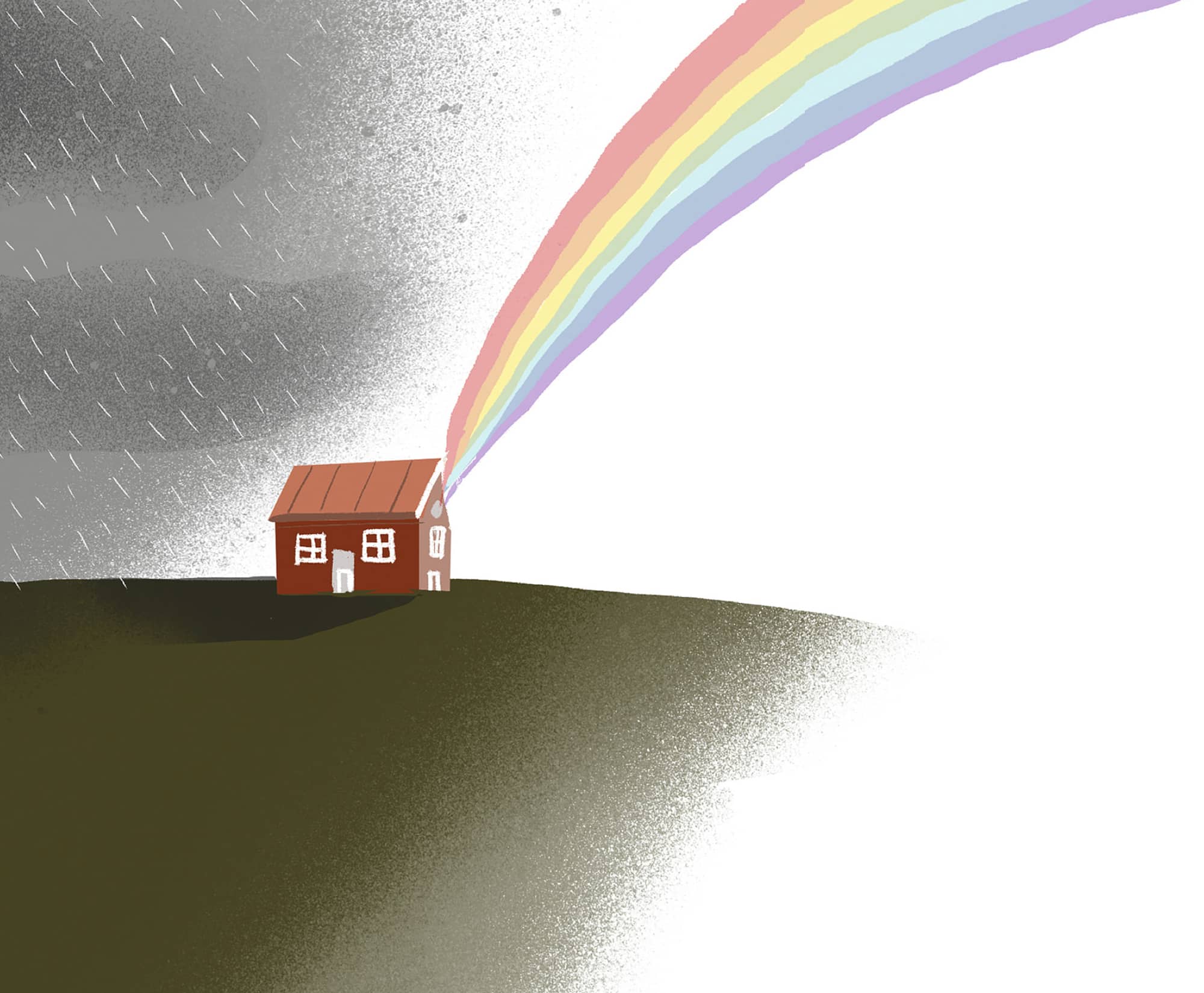Bring Beauty into Your Space
Many of us make our daily stress even greater by adding in a layer of self-judgement. We make mistakes, and then we are tough on ourselves; this usually only leads to more negative behaviour, as we don’t operate at our best when crushed by our emotions. We can start to take control of this at home by practising mindfulness.

TIME TO REFLECT
What do you do in your free time at home? Do you turn on the television as soon as you walk through the door? Perhaps you head for a glass of wine or start cooking immediately. It’s a natural impulse, but a more mindful approach is to come to terms with what’s going on in our minds rather than escaping through means such as alcohol, television or other distractions. If we’re really going to feel all right, we have to take time to accept and acknowledge our thoughts, emotions and physical feelings. When we know we can sit with the problems in our lives, we feel more free: thoughts we have practiced experiencing mindfully are a lot less frightening. At home, we can use our spare time to examine our feelings.
Within our homes, we have the opportunity to change what we don’t like, just as we do with our minds. We know that our emotions are always in flux, and when we have uncomfortable feelings, they override us so much that, almost as if we are under a spell, it can seem as if they will never end. We do not think or see clearly when we are affected in this way. Mindfulness can help us with these emotions, but to get the benefits, we need to make time to practise at home.
FACING OUR EMOTIONS
Our homes are always changing. The light within waxes and wanes depending on the weather outside; the amount of mess depends on how busy we are at work and what other commitments we have. When it is raining outside, we don’t panic that it will rain forever, or that our house will always be dark inside: we know that it will end eventually. At some point, the rain will stop, our houses will become brighter and we won’t be as busy at work. These issues won’t be permanent, and neither will our emotions.
Emotions are there for a reason, and we need to listen to them. If we can hear them without trying to suppress or distract ourselves from them, they offer information about what is actually important and what we need to do within ourselves, in relation to our environment or with other people. We may arrive home, for instance, to see that our partner forgot to empty the bins and now the house smells; we react with anger. Take a step back. We know that it can be easy to forget to put the bins out, so by stopping and examining our immediate reaction we may realize we have brought home external factors from a bad day at work and taken these out on our partner. We can use our home to take responsibility for our inner feelings, identifying the good and bad habits within ourselves.
INTERNAL HOME SPACE
Reflecting on our feelings enables us to start separating what sets us off and what is really at the root of our emotion. Often, it isn’t the thing itself that’s so bad: behind it is an unexpressed need trying to make itself felt. Everything in life wants to be acknowledged; once we do that, we find that a door opens to take away the intensity and we can allow positive change to happen.
Let’s be realistic: even when you practise mindfulness regularly, you will still get stressed by the washing-up gathering in the sink, you still need to do the laundry, and will occasionally be late getting to work. Nothing much might change in your environment – and yet everything might change inside of you. The more you practise mindfulness, the easier it will be to ride out the inevitable troubles at home that life throws at you, and the richer and more vivid will be the happy moments that you cherish. Observe the transformation that takes place within; you may find that you can navigate life more skilfully, with more love and kindness, and choose to see things in a more positive light.